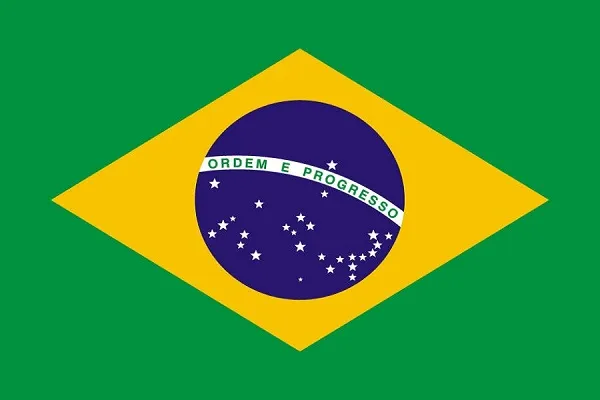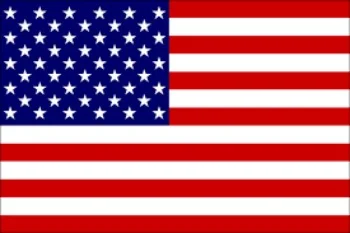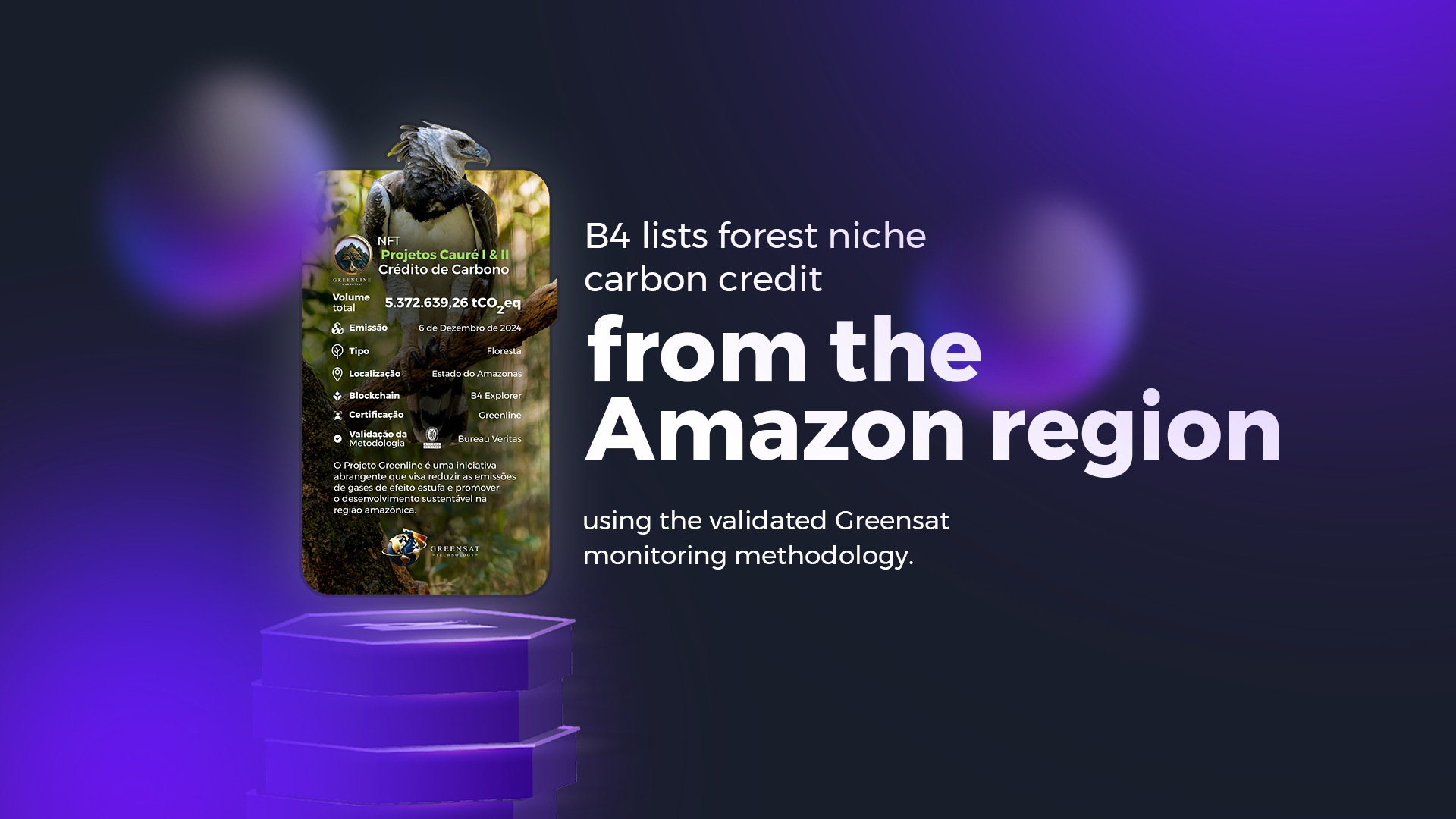With the recent regulation of the carbon market in Brazil through Law No. 14,590/2023, significant strides are being made to create a robust regulatory environment that promotes transparency and security in transactions. This law represents a milestone for the country, establishing the legal foundation for a regulated carbon market with clear targets for sectors and compensation mechanisms.
As this agenda is expected to advance leading up to COP30, to be hosted in Brazil, the country aims to position itself as a global leader in the climate agenda.
In this context, the need arises to align the various market players – auditors, bankers, entrepreneurs, lawyers, and accountants – in response to growing regulatory pressure.
The greatest challenge lies in the lack of accredited standards to ensure transparency throughout the process and the absence of a secure platform for accessing information and transacting carbon credits.
To avoid becoming an importer of credits, Brazil must quickly structure its market, encouraging the local production of high-quality credits.
In an expanding carbon market, responsibility for socio-environmental balance and transparency in corporate practices are critical to ensure that offset actions are not just image-driven but represent a genuine commitment to sustainability.
Companies and investors must consider the impact of their operations on the environment, utilizing accounting tools that integrate both financial and socio-environmental aspects. In the carbon credit market, it is essential that transactions are conducted with maximum clarity, avoiding practices that could be perceived as “greenwashing.”
B4, as a Climate Action Exchange, is committed to listing only projects that not only contribute to emissions reduction but also adhere to transparency guidelines and long-term positive impact. This reflects how Brazil, with its vast biodiversity, can position itself as a global leader in offset practices, ensuring that the carbon market is not just a short-term solution but a sustainable strategy addressing future economic and environmental needs.
B4’s Climate Action Exchange is the stage for an important milestone: the listing of the Greenline & Cauré I and II projects, validated by Bureau Veritas, the first forest-based carbon credit.
The project focuses on the integral preservation of terrestrial biomes, starting with native forests, and aims to discourage commercial activities that promote deforestation. Located in the Amazon biome, the Cauré I and II projects are monitored using Greensat technology. They are situated near the banks of the Urucu River, in Coari, Amazonas.
This initiative, available on B4’s Special Projects page, reinforces the commitment to forest protection and the valorization of carbon credits as environmental assets for global sustainability.
Brazil, with its rich biodiversity, has a unique opportunity to transform this market into one of the pillars of its sustainable economy.
Cauré I and II Special Projects Page:
https://b4.capital/pt/projeto-especial-greenline-caure-i-e-ii/
NFT Collection – Greenline & Cauré I and II Carbon Credits
The Greenline – Cauré I and II project launched the Harpy Eagle collection, also known as the “cutucurim,” harpy, or Brazilian imperial eagle, paying homage to the precision and strength of this majestic bird.
Just as the Harpy Eagle is known for its sharp vision as it soars over the forests, Greenline employs cutting-edge satellite monitoring technology to ensure the preservation of the Amazon region.
In total, 5,372,639.26 tons of CO₂e have been issued, priced at $12 per ton, available on B4, the Climate Action Exchange.
About Greenline
Since 2018, Greenline has continuously invested in the development of an innovative methodology that uses state-of-the-art satellite technology to precisely measure the net carbon sequestration of forests in its preservation programs. Every four days, carbon sequestration is measured, providing real data on the performance of the monitored forests. This process ensures the issuance of fully verifiable and reliable carbon credits, based on actual results, not projections of future events.
For more information:
About the GREENSAT Methodology
The GREENSAT methodology is based on precise measurement of net carbon sequestration, using satellite data provided by major space agencies worldwide, such as NASA and the European Space Agency (ESA).
Developed by GREENSAT space scientists in collaboration with its administration, the methodology uses dozens of vegetation analysis indices, comprised of hundreds of spectral wavebands captured by various sensors in operational satellite constellations.
Thanks to the exceptional quality of the data and the technical and mathematical precision involved, we can monitor and analyze the following with high accuracy:
• Vegetation health
• Chlorophyll levels
• Humidity levels
• Vegetation development and integrity
• Biomass gain and loss
• Deforestation risks
• Fire risks
For more informat ion:
https://www.greenlinewy.com/creditocarbono
About B4, the First Climate Action Exchange
Launched in August 2023, B4 – Brazil’s first Climate Action Exchange – has already achieved impressive milestones, signaling a growing carbon market and the need to support companies aiming to reduce their greenhouse gas emissions.
In Brazil alone, approximately 25 million tons of CO₂ are emitted annually by nearly 5,000 companies, accelerating global warming. Carbon credits are gaining prominence as a mechanism to mitigate and even reduce emissions, and platforms like B4 are emerging to create a secure environment that motivates, supports, and ensures companies remain committed to sustainable practices.
B4 already has over 18 million tons of carbon credits under review for listing on its platform. Additionally, more than 1,800 companies sought B4 between November 2023 and mid-January to request carbon footprint inventories.
B4’s mission goes beyond listing and trading carbon credits; it acts as a bridge for sustainability journeys, providing analysis and assistance to help companies effectively reduce CO₂ emissions.
“When we say B4 goes beyond carbon credit trading, we’re affirming our commitment to real sustainability. We guide companies looking to create projects that reduce negative environmental impacts, taking them through the entire ‘sustainability journey’ – from carbon footprint inventories to actionable solutions and, ultimately, to transforming their operations into sustainable businesses,” says Odair Rodrigues, founder and CEO of B4.
Learn more at:







